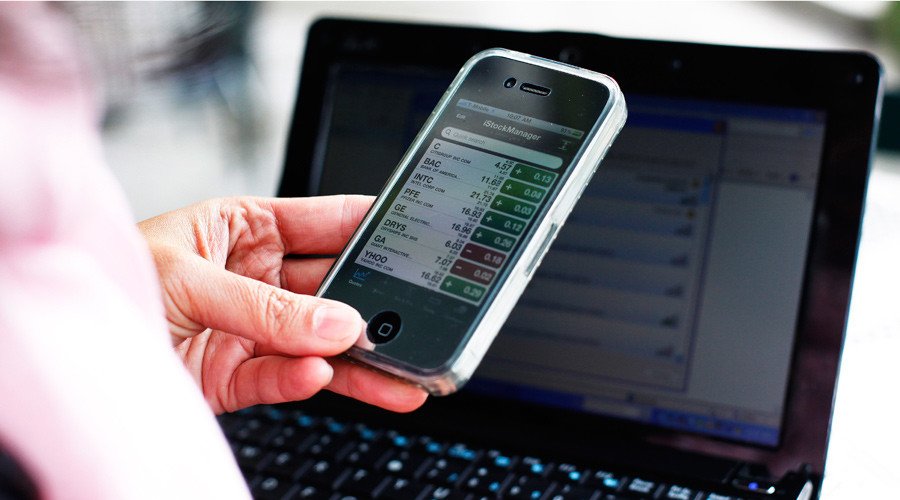A French court has awarded a monthly disability grant of some €800 to a woman claiming to have an allergy to electromagnetic radiation from gadgets such as cellphones. Most countries, including France, do not recognize the condition as a medical disorder.
Marine Richard, a 39-year-old former radio documentary producer, hailed the unprecedented ruling as a "breakthrough" for people affected by Electromagnetic Hypersensitivity (EHS), AFP reported.
While the sufferers insist that exposure to mobile phones, computers, Wi-Fi routers, TVs and other widely used gadgets cause them headaches, fatigue, insomnia and palpitations, the World Health Organization lists EHS as a condition but argues there's "no scientific basis" to link the symptoms to electromagnetic exposure. Double-blind studies, where neither the patient nor the researcher was aware whether they had been exposed to electromagnetic waves, have shown that symptoms were not correlated with electromagnetic field exposure. Many experts have ascribed the condition to a phobia.
The problems associated with EHS recently came to wider attention after the condition was featured in the American TV drama series “Better Call Saul,” in which a previously successful lawyer shuns all contact with electromagnetic gadgets.

READ MORE: WiFi can be used to count people with or without electronic gadgets
Nonetheless, after a medical examination, a court in the southern French city of Toulouse recognized that Richard suffers from hypersensitivity syndrome to electromagnetic waves, whose "description of the clinical signs is irrefutable," French daily Le Nouvel Observateur said. Since 2010, she has been living in a barn in southwest France, managing without electricity, and drinking water from the well. The court estimated the woman's functional disability to be 85 percent "with substantial and lasting restrictions on access to employment."
The court ruled that Richard can claim a disability allowance for a period of three years. The ruling accepted that her symptoms prevented Richard from working, but stopped short of recognizing EHS as an illness.
Her lawyer Alice Terrasse said the ruling could set a legal precedent for "thousands of people" concerned.
Etienne Cendrier, a spokesman for Robin des Toits, an association that advocates health security in wireless technologies has applauded the court's decision.
“This recognition by justice has had its premiere in France. It's a great step forward for the recognition of this electro-hypersensitivity syndrome," Cendrier told Le Nouvel Observateur.
EHS has been classified as an occupational disease in Sweden, Austria and Germany. A survey of occupational medical centers estimated the prevalence of EHS to be a few individuals per million in the population, according to the WHO. The reported incidence of EHS is higher in Sweden, Germany and Denmark, than in the UK, Austria and France.

